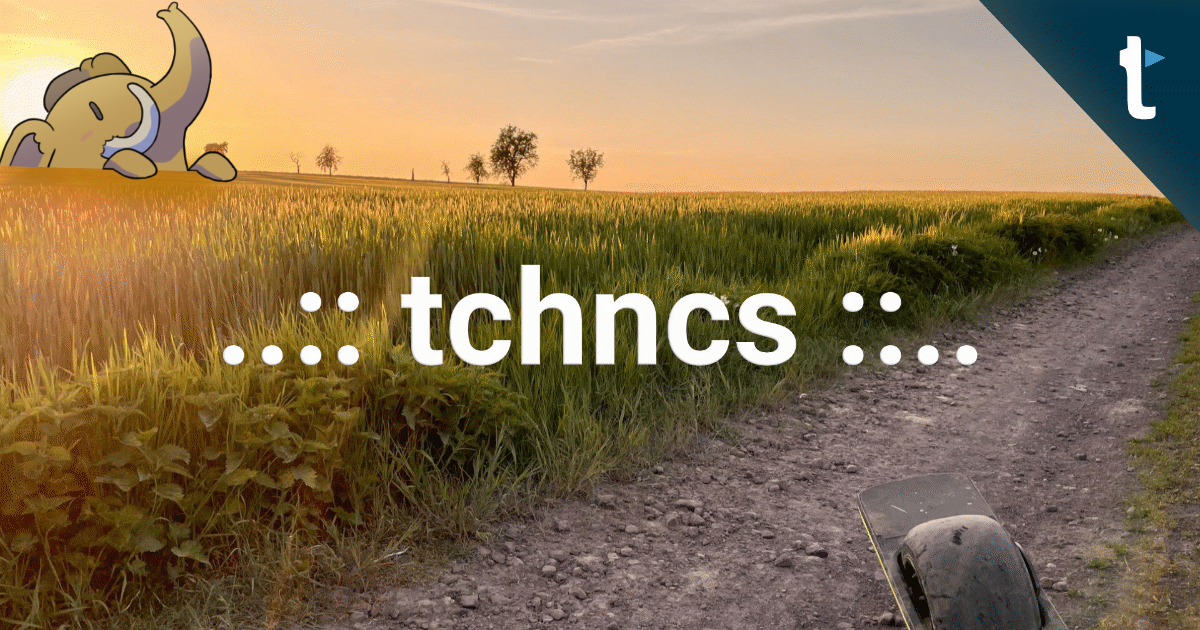The sensitivity index: Corrupting Y2K
by @beet_keeper
In December I asked “What will you bitflip today?” Not long after, Johan’s (@bitsgalore) Digtial Dark Age Crew released its long lost hidden single Y2K — well, I couldn’t resist corrupting it.
Fixity is an interesting property enabled by digital technologies. Checksums allow us to demonstrate mathematically that a file has not been changed. An often cited definition of fixity is:
Fixity, in the preservation sense, means the assurance that a digital file has remained unchanged, i.e. fixed — Bailey (2014)
It’s very much linked to the concept of integrity. A UNESCO definition of which:
The state of being whole, uncorrupted and free of unauthorized and undocumented changes.
Integrity is massively important at this time in history. It gives us the guarantees we need that digital objects we work with aren’t harboring their own sinister secrets in the form of malware and other potentially damaging payloads.
These values are contingent on bit-level preservation, the field of digital preservation largely assumes this; that we will be able to look after our content without losing information. As feasible as this may be these days, what happens if we lose some information? Where does authenticity come into play?
Through corrupting Y2K, I took time to reflect on integrity versus authenticity, as well as create some interesting glitched outputs. I also uncovered what may be the first audio that reveals what the Millennium Bug itself may have sounded like! Keen to hear it? Read on to find out more.

